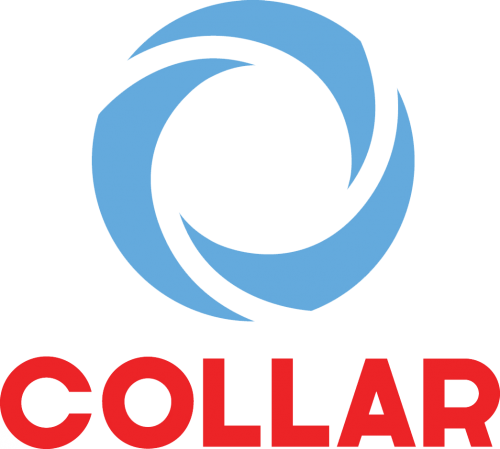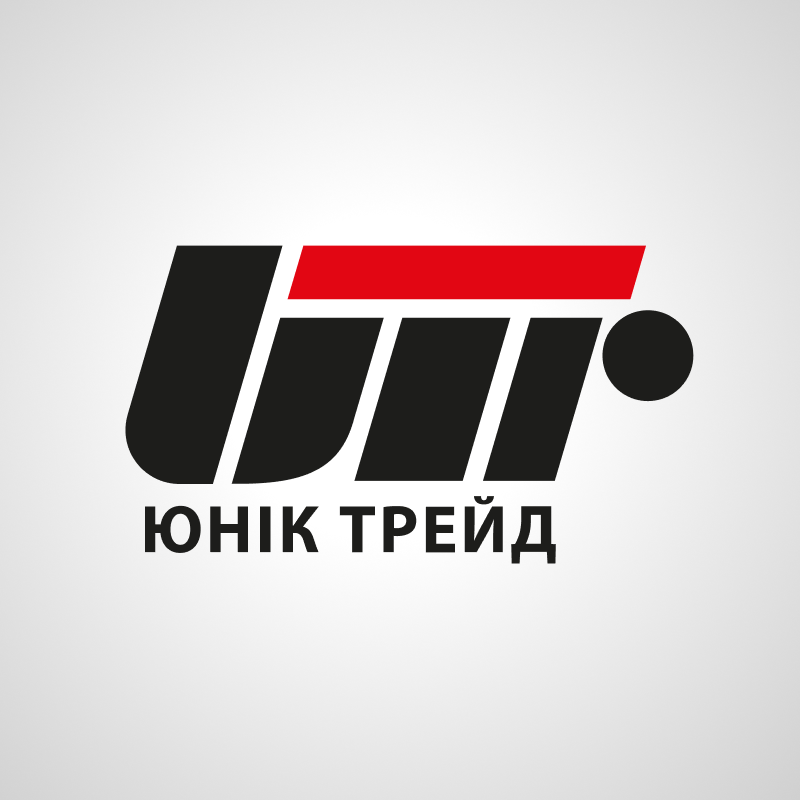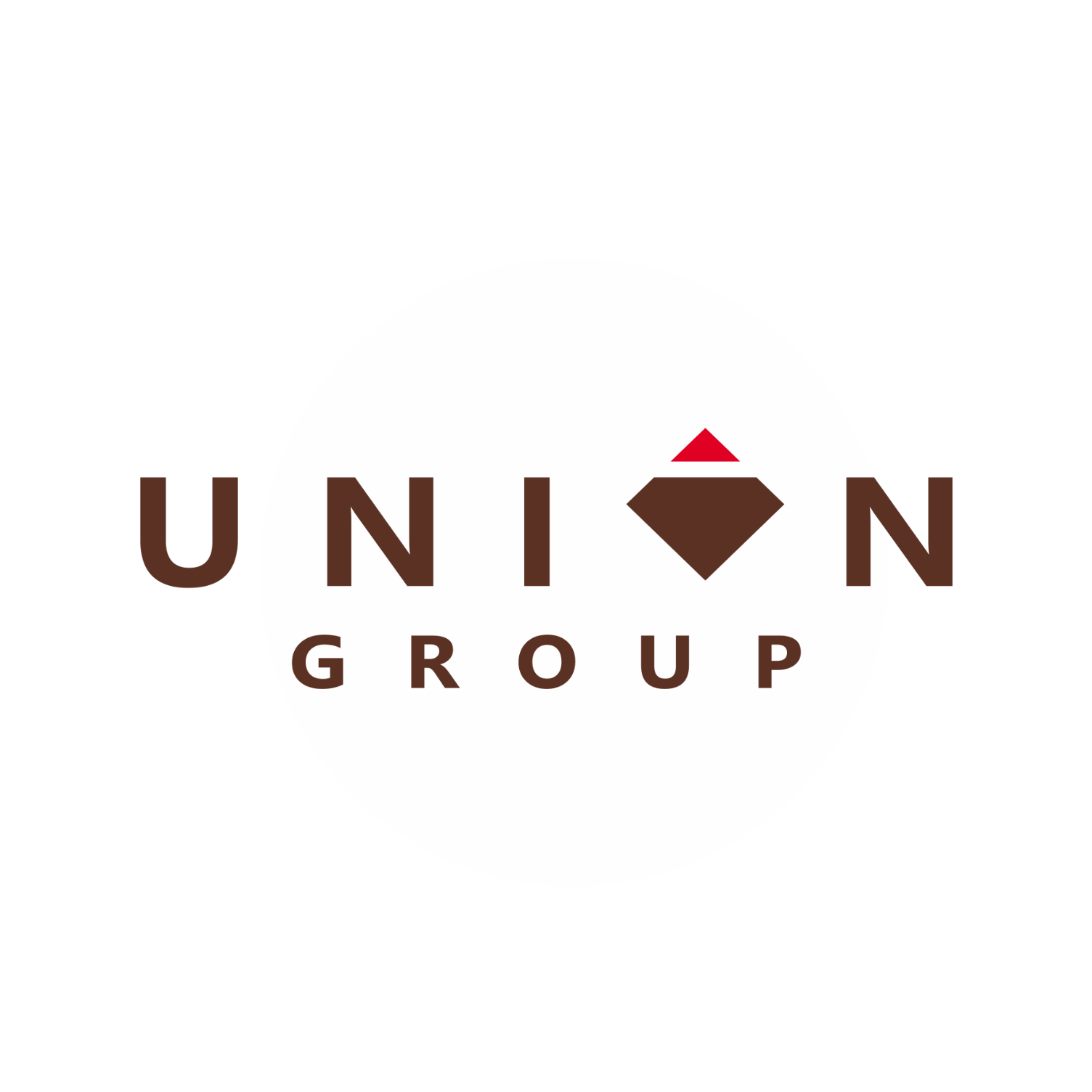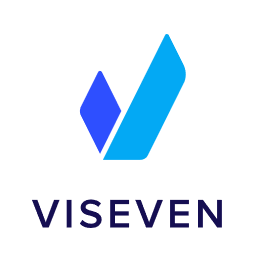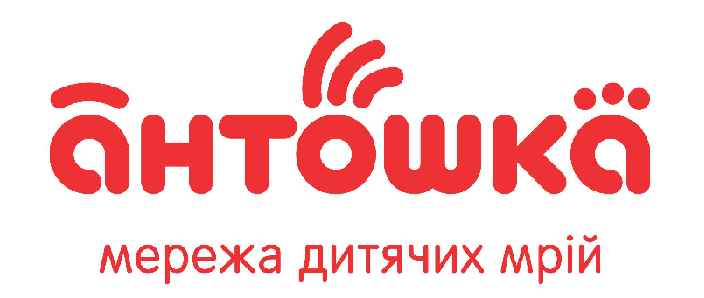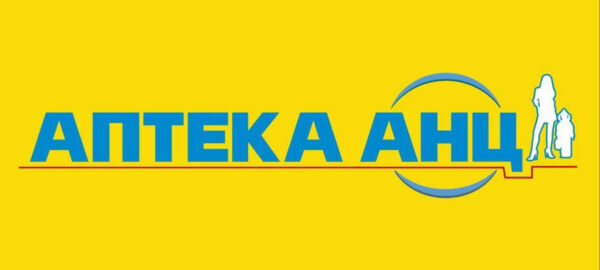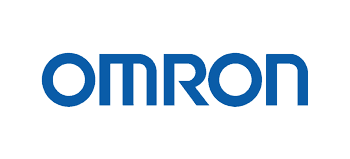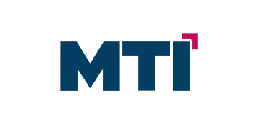
Automation, scalability, efficiency: how Kernel optimizes the professional learning of its employees
Rapid changes in technology and the business environment require constant updating of knowledge and skills.
Investing in the professional development of employees is an essential element of the successful functioning of any company. In addition, establishing training can be the key to quick adaptation, increased productivity, and better results.
Kernel, one of the leaders in Ukraine’s agricultural sector, is well aware of this. They have become a shining example of how to implement advanced approaches to staff learning and development.
Serhii Tymenko, Head of Learning and Development at Kernel, told us how the company organizes professional training for production employees, how expertise is stored and shared, and what role the learning management system (LMS) plays in this process.
About the company

Kernel is Ukraine’s largest producer and exporter of grain crops and the world market leader in sunflower oil. Kernel supplies its products to more than 70 countries. Today, the company has 6 operating plants and 28 own elevators. In addition to selling its own products, Kernel also cooperates with Ukrainian farmers to help them export.
The company currently employs about 11,000 people.
The Kernel management company employs about 900 business and office staff. The rest of the employees work in production. Of these, 7,500 employees are involved in training on Kernel HUB (ed: the name of Kernel’s learning portal created on the basis of LMS Collaborator). It can include e-courses, watching videos, articles, books, testing, surveys, etc.
Employee adaptation
One of the tasks of the manager and the learning department is to shorten the period from the time a new employee starts to reach the planned economic productivity. The learning portal helped Kernel automate this process.
When new employees join the company, they receive a Welcome letter with general information about the company. They are also automatically assigned to a mandatory training program. It consists of two parts.
The first part is general courses on the company, such as occupational health and safety, compliance, corporate code, working in programs, etc.
After passing the first part, the employee goes through a professional program that includes learning the necessary hard skills.

An example of Kernel adaptation programs
For example, after completing the first block, factory employees take a course on oil production technology. And the entire agronomic service of the agribusiness, which employs 450 people, is assigned a course on growing five main crops after completing the general program. The elevator business is the same way: 2000 employees complete a general program and then a course in storage technology.
Serhii Tymenko – Head of Learning and Development Department
«Our task is to cover the hard skills of absolutely all employees. It is very important that we do not do this manually. We have set up LMS Collaborator integration with 1C, so when an employee is hired, everything is assigned to them automatically».
Organization of professional learning
One of the elements of Kernel’s professional learning is a cross-section of employees’ expertise to determine their current level and identify knowledge gaps. And based on these results, we create learning programs.
For example, the training portal is currently testing machinists (ed: tractor driver in agricultural production). These are the employees who work directly in the fields. There are over 1000 of them and each of them is tested through Kernel HUB.
Kernel’s professional learning programs can be divided into two levels of complexity:
Level 1 – when the company enters a strategically new business area, and it is necessary to provide employees with expertise that the company does not have at that time.
Example: A few years ago, a company entered the green energy market, which was completely new to it. Combined heat and power plants were built at all of the plants, using burnt sunflower husks, which are a by-product of the company’s production.
Of course, there were no employees who knew how it all worked at the start. Therefore, to organize training, the company sought external expertise. In this case, it was a set of measures when Kernel cooperated with an educational institution to train turbine operators. And also with Lviv Polytechnic University for a program to improve the skills of CHP employees.
Level 2 – when it is necessary to provide employees with professional knowledge to perform work of a certain level and quality.
Example: Kernel has a certain standard of work performance and it is important that all employees adhere to it. To realize this, key production positions in the company responsible for technology were identified: Line Agronomist, Lead Agronomist, Chief Agronomist, Head of Mechanized Unit, Repair and Maintenance Engineer. And also in factories: Shift supervisor, mechanical engineer, power engineer, electrician, etc.
Job profiles are written for these positions. They clearly state what a person must know and be able to do to perform the work described in the job description. For each profile, test tasks have been developed to test knowledge. Employees take them on the training portal once a quarter or once a year, depending on the category and business area.

An example of employee testing
The tests are then analyzed for knowledge and ignorance. If more than 30% of employees answer a question incorrectly, it is automatically classified as an area of mass ignorance and must be included in the training program. After collecting these questions and categorizing them into separate topics, a training program is formed. After it is completed, the cycle of knowledge testing is repeated and a new development program is formed.
Features of the organization of production learning
The goal of Kernel’s training department is to involve as many people as possible in training. The company trains managers and specialists – people who have their own LMS accounts. In addition to them, there are employees who do not have these accounts, so their training requires a separate, special approach.
Last year, the company conducted a large-scale learning project called “Re: Knowledge Industry”. It covered 1,000 factory employees, including such specialties as machine operators, operators, and mechanics. Since these are personnel who work in shifts and are constantly engaged in the production process, the offline training format was not suitable for them. The most effective solution was to organize training through the LMS Collaborator. To minimize distractions from work, the microlearning format was chosen.
The program covered about 12 topics related to production activities: “hydration”, “granulation”, “refining”, “extraction”, “raw material acceptance”, “shipping”, etc. The content included a series of short videos and quizzes to test knowledge.

Training program for Kernel production employees
«It was a very interesting and cool experience.
We have set up an SMS notification system from the Kernel HUB training portal. When an employee without an account is assigned a task, he or she receives a notification not by email, but by SMS. In the course of the training, we noticed that we had run out of funds to send these SMS, but there was no downward trend in the passage of materials. Even though employees did not receive notifications, they logged on to the portal and completed their training on their own. They clearly knew that every Wednesday they would have a new task on a new topic. This was one of the indicators of how involved people were in the process and how much they liked it».
Kernel’s employee learning programs are developed depending on the business area. The peculiarity of the agricultural sector is its pronounced seasonality. Therefore, the most convenient time to involve production staff in training is in winter. Usually, employee training lasts until March and takes place in an online format.
This year, more than 550 employees took part in the training, including engineers of all levels, leading and line agronomists. This is a very large-scale project involving more than 40 speakers. Each of them presents a separate topic that employees are studying. As a rule, the speakers are representatives of leading companies, partners, and manufacturers.
In terms of production assets, the training department engages external expertise. In particular, it can be universities.
«This year, together with the Odesa National Technological University, we conducted training on grain drying technologies for the Storage Department. Also, with the National University of Food Technologies on quality issues for our quality department. Now the University of Technology is completing training in instrumentation and automation for our fitters. In those areas where we see that knowledge is slipping, we also involve representatives of production facilities, our partners and suppliers».
Expertise preservation and sharing
A key step in shaping Kernel’s learning is to seek external and internal expertise. For example, the company has a key specialist who can share his or her knowledge with others. Based on the specialist’s knowledge, a training course is already being developed.
«It is essential for us to retain and share expertise within the company. If we send our specialists for training, for example, to a laboratory, we have to work with these people when they return from the training. Create an e-course and assign it to everyone else. This is an example of when two tasks are realized – preserving and scaling knowledge».
The company has a lot of internal expertise, which is very valuable and should be scalable. Therefore, every year the training department implements a large project to develop professional courses. For example, a course on oil production technology or storage technology.

The learning department is currently developing a course in logistics. Specialists are working with experts to preserve the knowledge of how this business area works in e-courses. In the near future, we also plan to present a course on the division of commercial activities and procurement of oilseeds..
«We always evaluate the task and the goal we set for this task. Depending on this, we select the tools. If these are large projects, we create e-courses. Sometimes they can be implemented as a longread or a short video. For example, we have an employee evaluation process that is often subject to changes and updates. In order to quickly train an employee on how to work in this program and show the changes, we record a short video and assign it to all participants in the process».
One of the tools for preserving knowledge in the company is the Knowledge Base. You don’t always need to develop an e-course; you can create a resource and place it in the Knowledge Base on the learning portal.
A good example is the agronomist’s manual, which was written by the company’s employees. It was released in several different variations. In particular, it was published in printed form. We also developed a chatbot for it and added this manual to the Knowledge Base, where it was divided into different sections.

Kernel Knowledge Base
If the company conducts some kind of internal training and records a webinar, it is important to give access to it to all employees who could not join. Therefore, such content is always posted in the Kernel HUB Knowledge Base.
We should not forget about the relevance of the Knowledge Base resources. Once a year, the company’s training department conducts an audit. They analyze which pages employees visit more often and less often. Since new information is constantly being added, this helps to update the Knowledge Base, filling it with only relevant materials.
The process of updating is carried out by the experts who helped to create the material. The experts are asked how relevant it is now, and then a decision is made whether to keep it. Also, with the consent of the experts who conduct external training, its content can also be placed in the Knowledge Base.
Leave your request and try the benefits now.
Learning catalog and programs to support employee self-development
The company has an annual performance appraisal process where an employee chooses a competency to develop for the next year. Immediately after passing the assessment, they are assigned a program from Kernel HUB that they must complete during the next reporting period. It consists of e-courses, books, videos, articles, and other resources.
All training courses are published in the Catalog on the Kernel HUB, where employees can assign and take them on their own. The company has its own corporate model of competencies and hard skills, which is used to create the Catalog.
When an employee accesses the Catalog, he or she can choose the materials that correspond to the competence for development for the current year. If they lack certain professional knowledge, they can choose the appropriate course for them.
Sometimes materials can cover several competencies at the same time. In this case, they are added to different sections to make it easy for employees to find them.

Kernel learning catalog
Evaluation of learning effectiveness
To assess effectiveness, Kernel’s learning department implements the Kirkpatrick model. It consists of 4 levels: assessment of reaction, learning, behavior, and results.
Immediately after the training, feedback is collected and the NPS (ed: Net Promoter Score) is measured. Knowledge is also checked – how the employee has absorbed the information received. Testing on Kernel HUB helps with this.

An example of an NPS survey of Kernel employees
The company plans to introduce Level III of the model, which is the assessment of behavioral change. To this end, employees and their managers will be surveyed to determine whether the knowledge gained after the training is used in their work.
Level IV of the Kirkpatrick model is one of the most complex. It focuses on measuring the impact of training on business results.
In talent pool programs, where participants are required to develop their own projects, the amount of investment for their implementation and the economic effect of their projects are determined. If there is no such direct correlation, other methods are used. For example, Kernel has its own institute of internal trainers who conduct soft skills training and competency models. Here, the company can measure the savings from hiring an internal trainer instead of an external one. The same goes for distance learning.
«It is clear that learning with LMS Collaborator is much cheaper. We know the cost of online and face-to-face training with an external expert. We always calculate it and show it to the top management to evaluate the result. We have also set up data showcases and integration of LMS Collaborator with PowerBI. We always measure: the number of participants, hours spent in training, in total and per person per year, as well as the dynamics from year to year. In addition, we analyze the popularity of courses, the length of service of employees who study more, their experience, age, etc. We track all the sections that are possible and available. We do this in order to understand our clients. Because we, as a training department, are a service function and have to focus on customers. To understand them in order to build a better service».
Kernel’s recipe
Nowadays, none of the training programs at Kernel can be implemented without LMS Collaborator. It has become an integral part of the company’s culture. Many key processes have been improved with the help of the learning portal:
- automate the adaptation of newcomers and shorten their onboarding period;
- organize professional learning for production employees;
- implement many large-scale training projects, including Re: Knowledge Industry;
- preserve and disseminate expertise in the company;
- maintain a culture of self-development;
- implement an annual performance evaluation process.
«I find it rather strange when companies do not invest in the process of distance learning. What can I recommend to those who are thinking about whether or not to do it – don’t think about it, just do it. Because the world is moving so fast now that without distance learning, you won’t be able to stay in place, you will simply fall behind at a frantic pace, and you can forget about moving forward at all. Even if you have 100 employees in your company, the fastest way to access them and deliver learning is remotely. And not doing this, in my opinion, is absurd».


